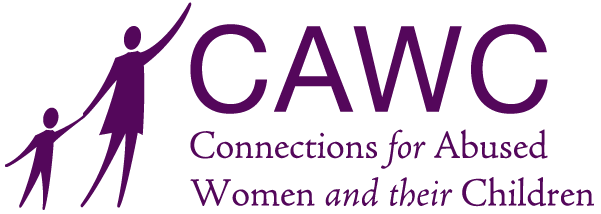April is National Child Abuse Prevention Month, a time dedicated to raising awareness and fostering understanding about the critical issue of child abuse and its prevention. Within this context, it’s essential to explore the deeply intertwined relationship between domestic or intimate partner violence (IPV) and child abuse. Here’s why there’s an urgent need for comprehensive strategies to protect children and support affected families.
The Overlapping Realities of Domestic Violence and Child Abuse
To be clear, violence of any kind in a household with children is child abuse. Child abuse is defined as any nonaccidental injury or pattern of injuries to a minor, including physical injury, neglect, sexual molestation, and psychological or emotional abuse.
The trauma from witnessing domestic violence can have long-lasting effects on kids and teens, and these are similar to those experienced by children who have been directly abused in other ways. Research reveals a disturbing overlap between domestic violence and child abuse, with exposure to IPV being a significant risk factor for other, more direct forms of child abuse within the home.
The Psychological Toll on Children
The presence of domestic violence in a household can profoundly affect a child’s mental and emotional well-being well into adulthood. Children living in abusive environments may suffer from a range of psychological issues, including anxiety, depression, and post-traumatic stress disorder (PTSD). These conditions can significantly impact their developmental and social functioning, underlining the need for early intervention and support.
Effects on Child Development
Just a few of the impacts of abuse on child development include:
- • Emotional distress. Exposure to domestic violence can lead to heightened anxiety and fear in other contexts.
- • Behavioral issues. Children who have suffered abuse may exhibit aggression, violence, withdrawal, or other problematic behavioral changes.
- • Academic challenges. The stress and trauma of any form of abuse can affect a child’s ability to concentrate and learn in school, which can lead to poor academic performance.
- • Normalized violence. Boys who are exposed to IPV at home are twice as likely to abuse their own partners and children as adults.
- • Normalized criminal activity. Children who have experienced abuse are nine times as likely to become involved in illegal and criminal activities.
Prevention and Support: A Call to Action
Here are some ways you can support IPV survivors and their children during National Child Abuse Prevention Month:
- • If you know a survivor of IPV, help to connect them and their children with holistic, trauma-informed care services through a domestic violence shelter or advocacy group.
- • Raise public awareness about the signs of abuse and the importance of prevention.
- • Vote for laws and policies that protect children and support survivors of domestic violence.
- • Advocate for community-based strategies that support families and protect children from harm. This might include promoting healthy parenting practices, providing resources for affected families, and implementing policies that address the root causes of domestic violence and child abuse. You can also support nonprofit organizations that serve survivors of domestic violence and their families.
Protect Children From Abuse With CAWC
At Connections for Abused Women and Their Children (CAWC), we believe that everyone has a right to a life free of violence. Our mission to end child abuse in conjunction with domestic violence is rooted in education, service, and advocacy. In addition to working toward broader social change, we provide empowerment-based and trauma-informed support in the form of shelter, counseling, and advocacy to individuals affected by intimate partner violence and their children.
If you or someone you know is actively experiencing the impacts of sexual violence, don’t hesitate to call our 24-hour hotline at (773) 278-4566. For non-emergency support, reach out through our contact form today.
Want to help us protect more women and children? You can impact the life of a domestic violence survivor or a child who witnessed domestic violence by donating to CAWC today or by supporting our work in other ways.
